Don’t we all have our issues that let us believe there is something we can’t do?
wanna play?
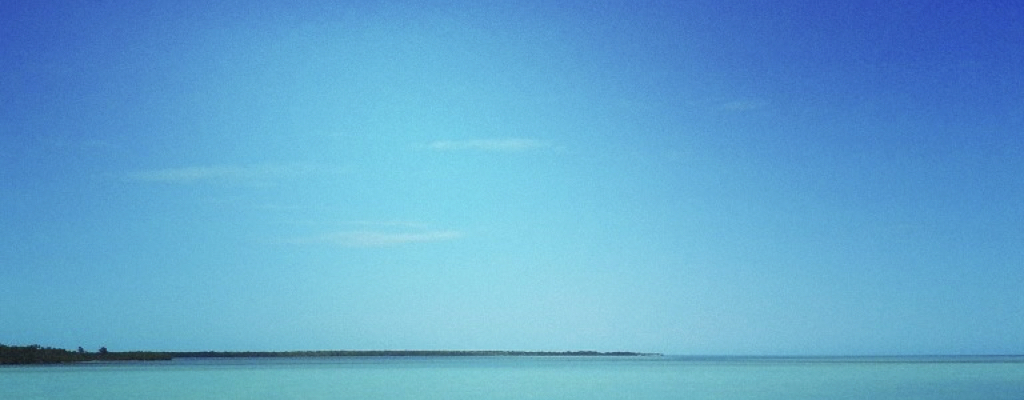
Essays about the Simplicity Of Happiness and living the life you love!

Don’t we all have our issues that let us believe there is something we can’t do?

What it means to be human.
A man who is never comfortable with the situation he is in talks about becoming the adventurer of the year by National Geographic.
Cory Richards, a Highschool dropout who believes that the richness comes with struggle:
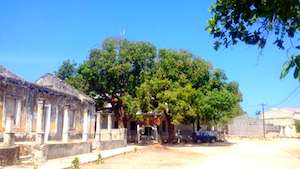
Just the other week, I met Jörg, a person who gave me an answer to the question: what it means to do something for the first time. More than 10 years ago he left his good paying job in Germany, got on his bike and hit the road South. I met him on a remote island in South East Africa in an old, long forgotten Portuguese town, many call it a hidden secret in the Indian Ocean.
What, where, why? As you may have read in earlier posts, I am traveling in Africa for a bit. During the Tanzanian elections which could turn out to become a chaotic catastrophe for the country and Zanzibar in special (which is another story to write about), we headed South into Moçambique to get an impression of that beautiful land of hidden mysteries.
While coming from Europe and Morocco already seemed to be out of different time and space but Tanzania is even more so. Surprisingly there is another huge gap to Moçambique. A country which not only had to fight against colonial rule but also against apartheid influences from South Africa and Rhodesia. Those countries were giving its best to destabilize the country which let to decades of civil war. That war didn’t end before the nineties when the devastated country had to be rebuilt from scratch, most of the cities, villages, industry and colonial heritage lying in ruins.
After flying in to Pemba, we stayed for two days, being very surprised that nothing has changed over the last 4 years while decay seemed to be in even further progress now. We left with a local bus which, like all other busses in Mocambique and for no obvious reason had to leave at 4:30 in the morning. Even more frustrating than the need to be at the bus station so early was the fact that the first hours the bus was driving around the town to hopefully pick up some more passengers. Busses in Mocambique go without schedule and if you really need to be somewhere that day you better be there at 4:30 because you never know when they are full and actually leave. What followed was a five hour backcountry overland drive. Half the 120km on a tarmac road, the other half on dirt tracks. Only very few settlements with only few houses each laid on our way, the whole land being dry as a bone, all the trees leafless and no grass to be seen anywhere.
Finally we reached a little place at the ocean or lets say where the ocean was supposed to be. We arrived at low tide and except for water we only saw mangrove forrest, which was crucial for us since we wanted to catch a ferry. That meant to sit down and wait for the water. Our ferry was a local dow that was to be sailed to our destination, together with a motor bike and some other 30 people on board. The sea better be calm, I thought. After another hour on the boat we reached the little island of Ibo, part of the Quirimba island in Quirimba national park in Northern Moçambique. Ibo used to be the Portuguese capital of Northern Moçambique and was an important trading post on the Portuguese spice route. At least until the harbor and Capital was moved to Pemba. Afterward the world forgot about Ibo, I seems. A place full of ancient ruins, forts and houses among those. A sand covered main road, with sidewalks left and right, nonetheless. A piece of lost paradise, if you can find it.
Some of these ancient houses found a loving new owner who built themselves something out of ruins, literally.
And that is how I met Jörg.
Jörg who took his bike 12 years ago together with a friend of his and drove South. Through Balkan, Turkey, Egypt, Sudan, Ethiopia, Kenya, Tanzania to Moçambique, later all the way to South Africa. The tour took them two year of traveling with some time spent at different places. On this route they discovered Ibo and while spending some time here, they saw complete Solar Eclipse and fall in love with this place. They knew they had to come back. Which they did, after completing their tour, having covered more than 12.000km by bike. Another two years later. They bought one of the completely destroyed ruins at the place. The one with the biggest trees around, two of them standing right in front of their house and they called it: Miti Miwiri http://www.mitimiwiri.com/n/ (two trees) or on facebook https://www.facebook.com/Miti-Miwiri-112186838817416/, nowadays one of the finest places in the area. It took them another two years to finally restore the building and have it up and running.
I guess that is how you break with all the conventions and just follow your heart. They didn’t do anything anymore, because they were expected to do so. All they did, they did only because they wanted to do it and on that road they found a passion and love to a place and decided to built something up. Still, friends and family called them nuts, now they go there for vacation. Sure, they had and have their hard times but they followed their heart and live their dream.
Do you have an inner calling? Listen to it!
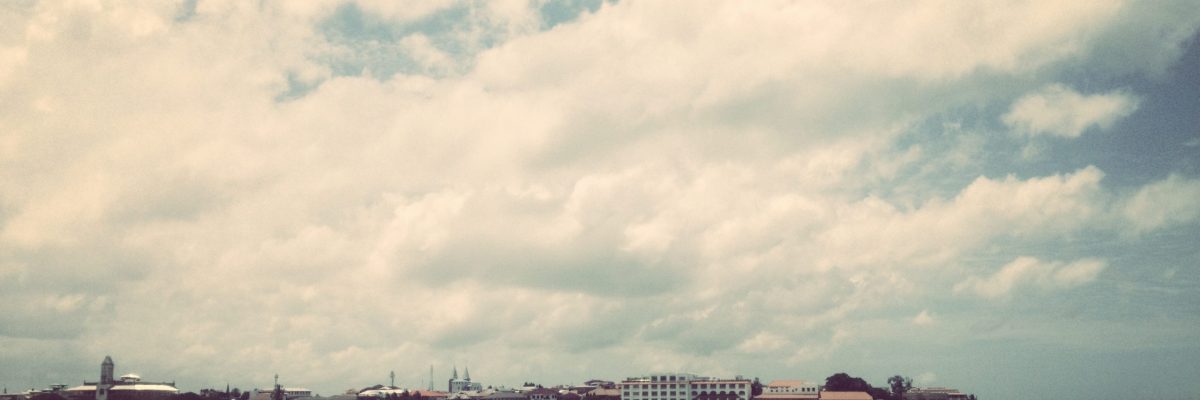
I wrote a blog article about creating routines in Zanzibar earlier this year. I wrote about my struggles finding my way back home while I was living in Stone Town for a month. Although I tried my best to take the same routes every single day, I got lost as soon as my mind was absent for a minute. Now I visited Stone Town again:
First thing to do after I got there was to go for a coffee in my favorite Café. It’s called Stone Town Café and is one of the very few places where you can find good fresh ground coffee on Zanzibar. Afterwards I went for the Dalladalla place to get a ride to Kizimkazi in South Zanzibar. That was one of the same routes I used to take in January and guess what. I did not get lost. In between people tried to tie me up in conversations about selling me… whatever… a trip to the moon and I kept on walking without paying attention and made my way without any doubt. At one point I woke up from daydreaming and was not so sure where I was. I decided to just keep walking until something looked familiar. Soon it did and I was exactly on track.
Funny that I would not get lost although I had no idea where I was. Somehow somewhere in my unconsciousness the way home was saved. On full automatic mode so to say.
I read and wrote a lot about creating habits and routines this year, but to experience on my own again how powerful habits can be left me speechless.
Scary on one hand to see that all the negative routines we accumulated throughout our lives are leading us that much. Good to know on the other hand that as soon as we change a routine to a positive one it can be as strong and as automated as the previous negative one.
Just keep in mind, it takes a constant daily routine of acting always the same on the same triggers. Scientists say, it takes from a week or two up to some months, to create enough new connections in your brain to create a new routine. In Stone Town it actually took me almost ten days although I was practicing to memorize the route several times per day. And I didn’t have to rewrite any old behavior.
If you have any behavior/routine that you want to get rid of, make yourself a good plan to manage the change. Remember you can’t just stop it. A routine is always triggered by something:
1. Find the trigger so you know what makes you start your behavior. Then you can become aware of it when the trigger happens. You will be able to foresee the undesired habit even before it happens.
2. Think of a new behavior that you would like to do when the trigger appears.
3. Make sure the desired behavior would be good for yourself and your future self (just ask yourself that question and you should think a very direct YES without any buts)
4. Bring yourself in a situation when the trigger appears and actively act with your new behavior. Test it several times so you know what to do.
5. If you fail when the trigger appears in real life, make sure you know you failed, go back to point 3.
6. Actively work on it for at least some weeks.
7. Do it daily!
Good luck and enjoy the better version of yourself.

Everybody is a bit weird!
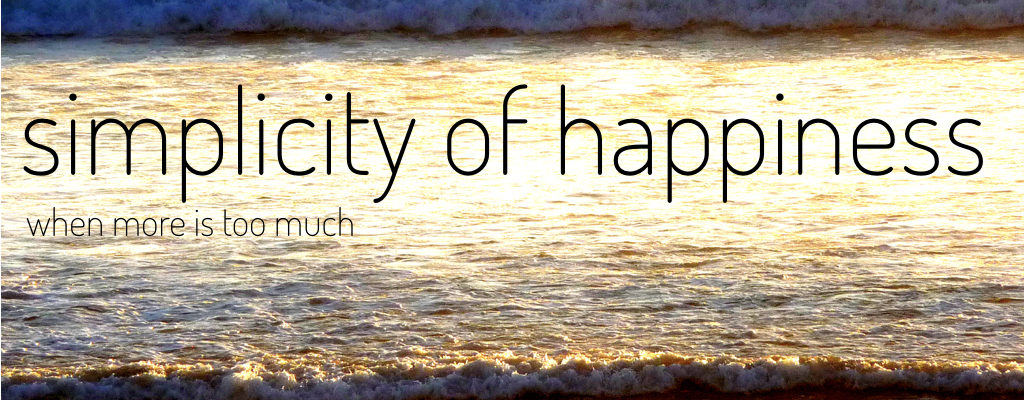
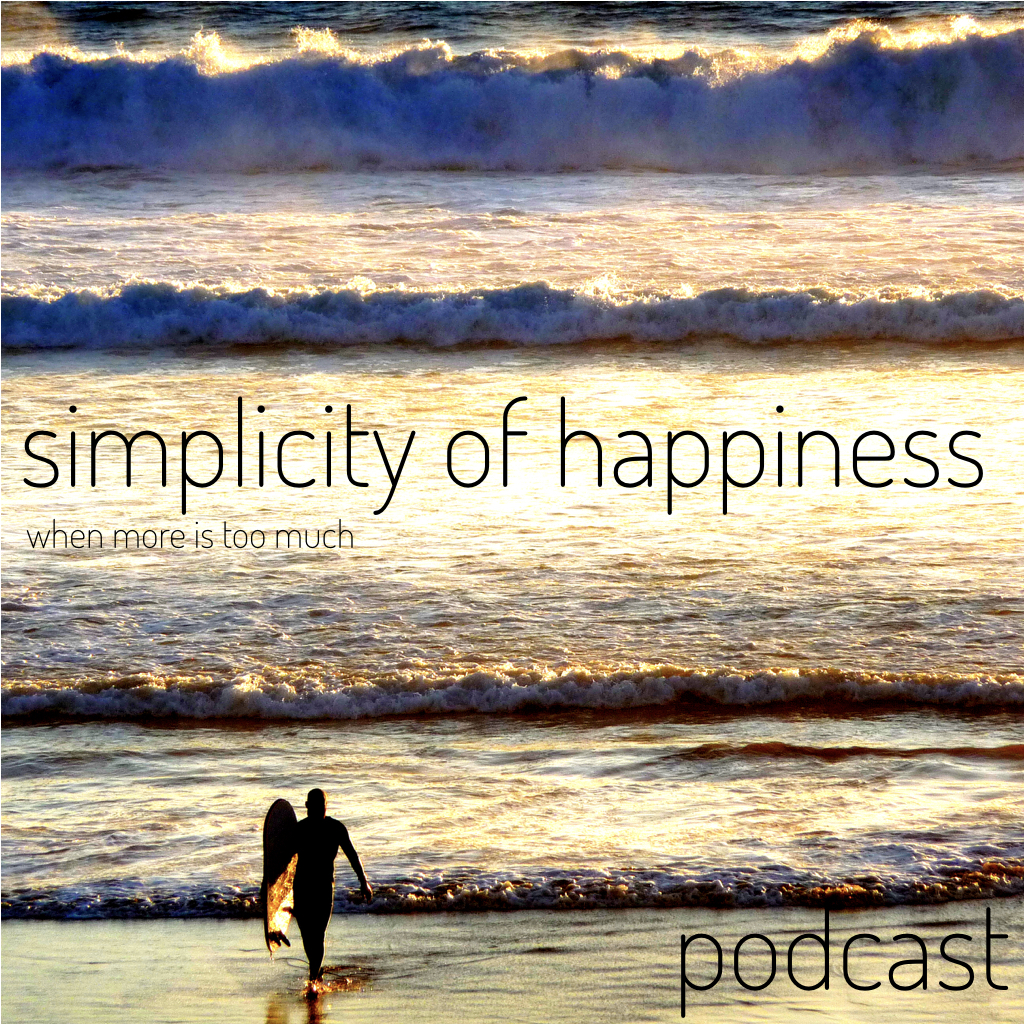
Just for you, my English readers I thought about creating an English podcast since I launched the German SOH podcast earlier this year.
Now everything is ready and set and new show will be about the indiviual pursuit of happiness. In contrary to the German podcast the pursuit of happiness: POH, will be much longer and contain very personal stories. Since I am often travelling the world I am recording stories and opinions about life, happiness and individual roads to personal fulfillment.
Just so you know 😉
Stay tuned.
The first show will be broadcasted end of September 2015.
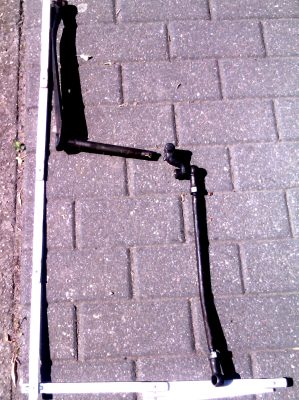
Sometimes things just happen. Sometimes it’s just the wrong time, sometimes it’s a bad thing altogether. Often we become angry, when things go wrong. At least, that happens to me all the time. Then I ask myself: why now, why me, why again, why so bad…
I don’t like being angry and when I am, I often become more angry because I’m angry with myself. Do you know what I mean?
Not long ago… yesterday to be exact, it happened again. I had so much stuff to do on the opposite side of town and I had to take my car, which as you may know is a 40year old 6t camping van: EMMA. I had to get some stuff for maintenance of the car. And voilá: half way through town my clutch stopped working. That sucks especially in inner city stop’n’go traffic. I somehow made it into a smaller street stopped and immediately climbed under my car. I wanted to find out what the problem is and keep going. I was in a hurry.
It took me a while to figure out that bars of the clutch were broken. Nothing I could do about it.
Oh boy, I was angry: Why now, why here, why me etc. The rest of the day I was pretty pissed off.
This morning I had another look at it and came to the conclusion:
I am so lucky it happened yesterday. I wasn’t somewhere in the mountains or in the desert. I wasn’t in Switzerland but in Berlin. I found a parking spot right away and was allowed to stay there for free. I was able to make all my yesterdays appointment by foot and on time. I already fixed (another part) of the clutch a year ago and knew what i was doing this time and the broken part is easy to replace after I found out which part it was. My MercedesBenz Oldtimer dealer is located near Berlin I could pick up the spare part by public transportation. And I hadn’t plan to drive anywhere special, today or tomorrow.
Well, its still a lot of stress and work, BUT it’s a question of your perspective. Once again I realized that it`s up to me to see the good or the bad, in any situation. If I compare any given situation with the best possible or do I take into account what could be worse. After all I can’t change the situation. I (or you) can just try to make the best out of it.
Every single moment, you decide about the quality in your life. Do you see the good or the bad? Do your best!
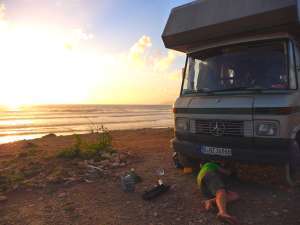
“The most dangerous world view is the one of people who didn’t see the world themselves.“ Alexander von Humboldt (1769-1859)
Today I begin with an almost 200 year old quote I could not have put in better words myself. This sentence reminds me of situations that I experienced myself and that made me question the way I see the world and others. For instance situations I remember where people I just knew briefly attacked me on a personal level and called me irresponsible for planning to travel in Sahara on my own and by foot.
Looking back it is interesting to see that those people who did so, had never been to a desert or even Morocco before. People who had never travelled by foot in the arabic world, in Africa or anywhere else outside their five star hotel comfort. It where those people nagging who had basically no idea.
Guess what: All those things that people had warned me off never actually happened. Instead of kidnappers I met friends for life.
Last year my girlfriend and I decided to travel for eight months straight in our old camper called EMMA. We were warned again by people that had never travelled in a camper outside campsites, who had never travelled to the countries we did or who had simply no ideas of old cars. Ok, neither did I, but I was confident to figure it out somehow.
By the way: We never met anybody who actually knew somebody in person who had experienced a robbery at night after the camper was sprayed with KO gas.
On a very personal level I had to take tricky decisions based on reasons I knew only myself. The minute I took those decisions people who didn`t know a thing showed up and told me how they thought I had to act instead.
All of the above let me become more cautious when it comes to judging others. I am still not good in „NOT JUDGING“, but at least I got better.
First of all, I try to see other people, as persons who are grown up and responsible, trying to take their best decisions possible. Especially concerning things I don’t know anything about, I try to stay openminded.
Do you know these situations, where other people take decisions for themselves and you just can’t understand why? When you feel the urge to get involved?
I know them and I try to remind myself secretly: Don’t judge! Please, don’t judge on others Florian!

One of the most inspiring people blogging about simplicity and minimalism is Joshua Becker from Arizona. He recently published some statistics for the US that might be interesting for European readers as well since we have the same tendency. I am posting an excerpt of Joshuas list that was originally posted here.
That I owned so much stuff over the last years is one part of the story, that I owned so much stuff I didn’t really need is the other. What about you?